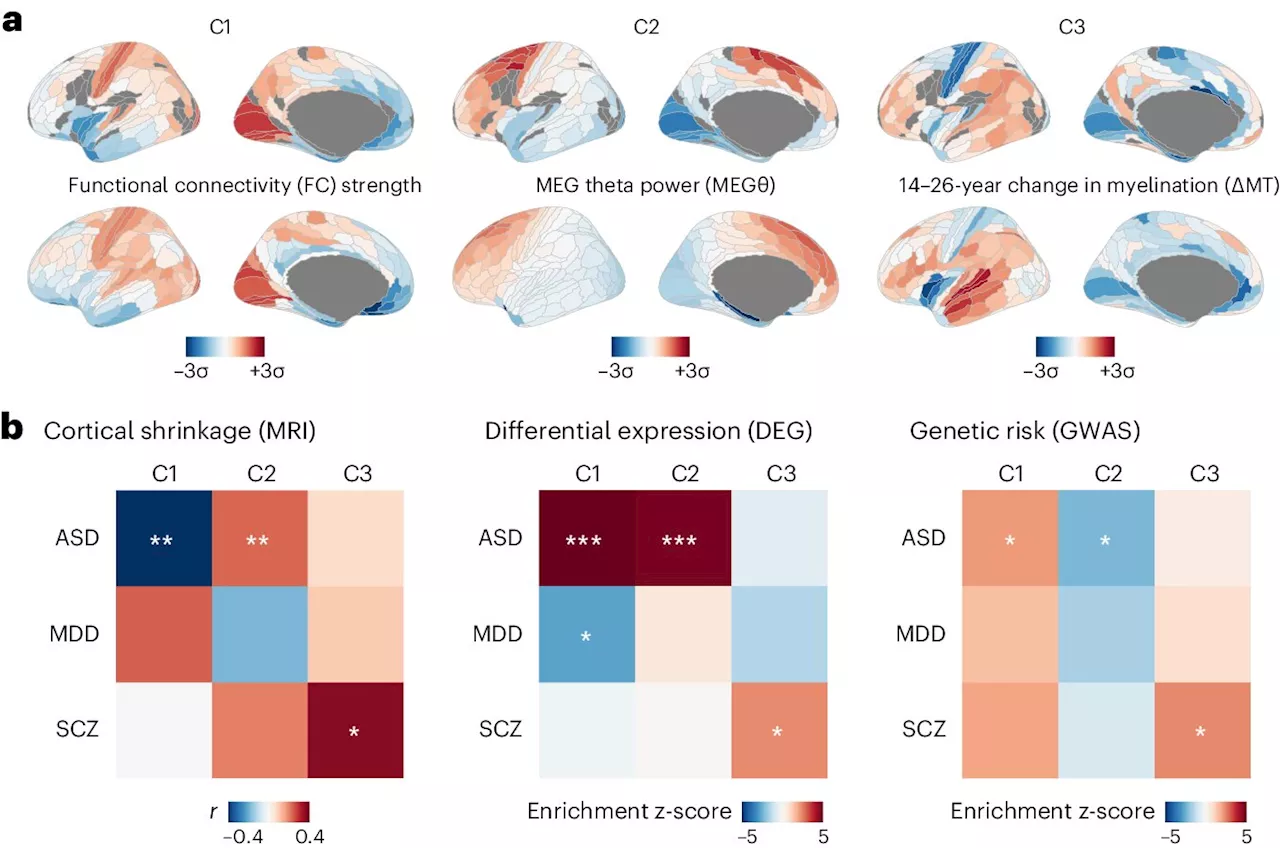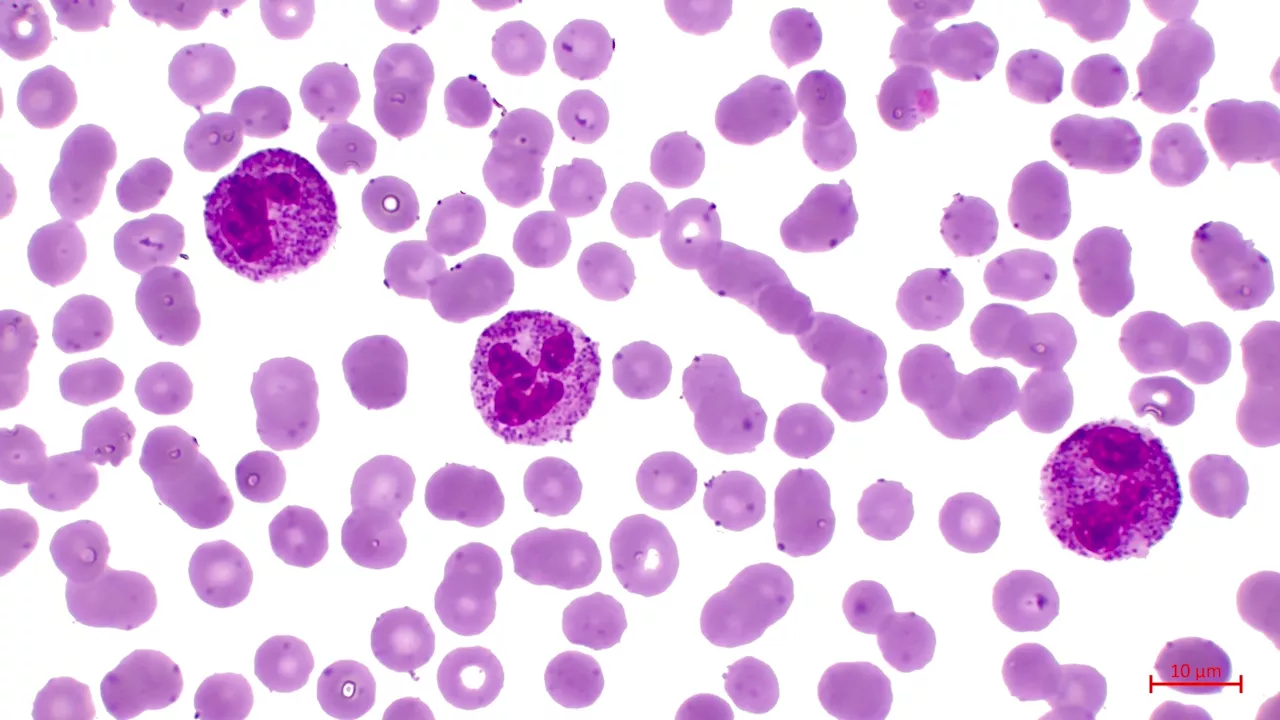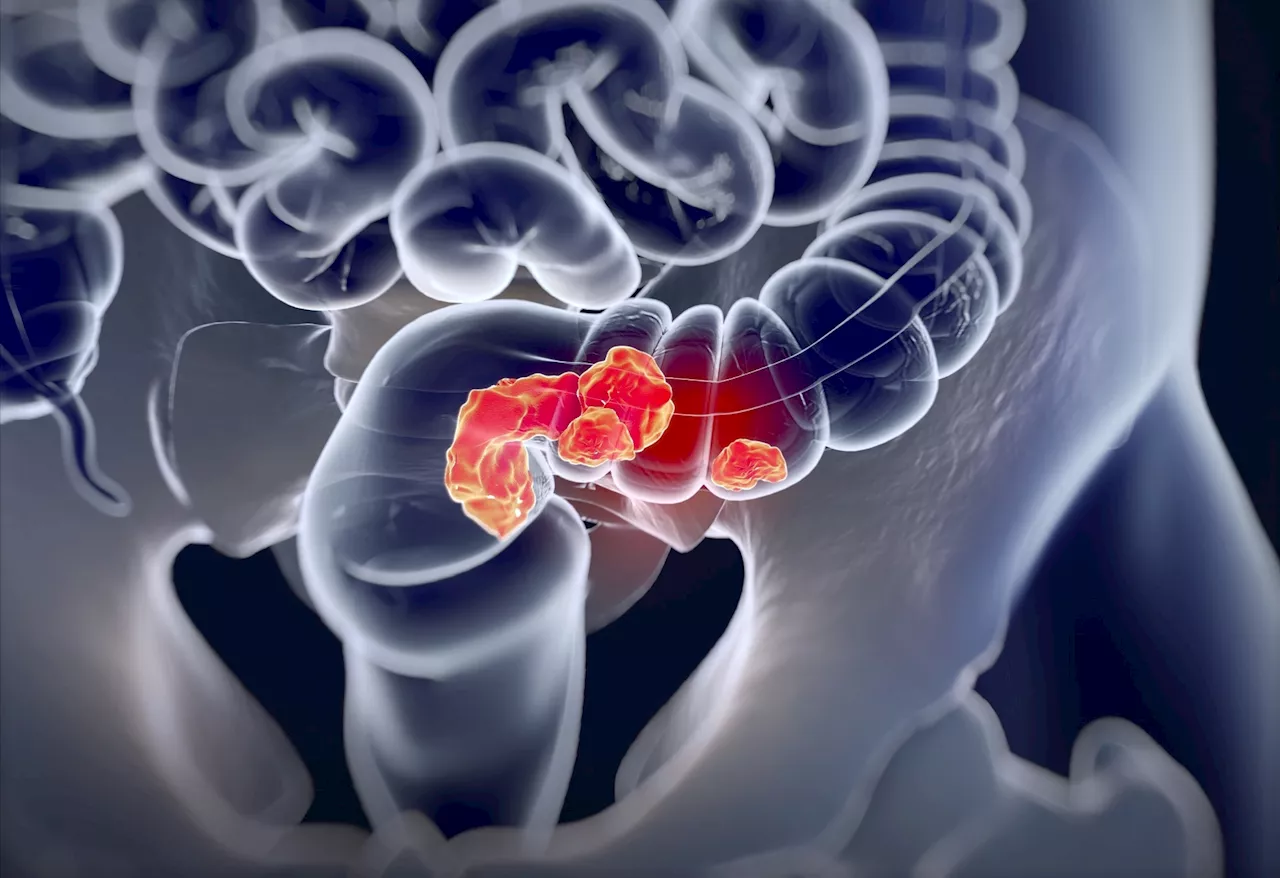Study examines how polymorphisms in bitter taste receptor genes relate to alcohol consumption and body fat percentage, revealing significant associations with TAS2R13 but not TAS2R38.
By Dr. Priyom Bose, Ph.D.Jun 9 2024Reviewed by Benedette Cuffari, M.Sc. A recent Nutrients journal study explores the association between polymorphisms in the bitter taste receptor genes, alcohol consumption, and body fat percentage.
Previous research has reported that the TAS2R38 gene mediates the bitter taste of thiourea compounds like phenylthiocarbamide and 6-n-propylthiouracil . Both are synthetic compounds structurally similar to bitter compounds found in cruciferous vegetables, leafy greens, and certain herbs and spices. The TAS2R13 gene also corresponds to bitter taste.
Related StoriesData were obtained between February 2016 and November 2020. All study participants completed a food frequency questionnaire that provided information on food intake and portion sizes over the last year. One prior study on head and neck cancer patients reported a significant association between alcohol consumption and rs1015443. Another study noted that the intensity of ethanol taste in the mouth is related to TAS2R13 .
Genes Allele Food Frequency Gene Genetics Nutrients Receptor Research Taste Receptor Vegetables
United Kingdom Latest News, United Kingdom Headlines
Similar News:You can also read news stories similar to this one that we have collected from other news sources.
 Study may facilitate the development of new personalized treatments for schizophrenia An International Study Publi...An international study led by the Hospital del Mar Medical Research Institute, in collaboration with researchers from the Neuropsychopharmacology Group at the University of the Basque Country (UPV/EHU) and researchers from the CIBER of Mental Health (CIBERSAM), and published in Nature Communications, may facilitate the creation of new personalized...
Study may facilitate the development of new personalized treatments for schizophrenia An International Study Publi...An international study led by the Hospital del Mar Medical Research Institute, in collaboration with researchers from the Neuropsychopharmacology Group at the University of the Basque Country (UPV/EHU) and researchers from the CIBER of Mental Health (CIBERSAM), and published in Nature Communications, may facilitate the creation of new personalized...
Read more »
 Study links organization of neurotypical brains to genes involved in autism and schizophreniaThe organization of the human brain develops over time, following the coordinated expression of thousands of genes. Linking the development of healthy brain organization to genes involved in mental health conditions such as autism and schizophrenia could help to reveal the biological causes of these disorders.
Study links organization of neurotypical brains to genes involved in autism and schizophreniaThe organization of the human brain develops over time, following the coordinated expression of thousands of genes. Linking the development of healthy brain organization to genes involved in mental health conditions such as autism and schizophrenia could help to reveal the biological causes of these disorders.
Read more »
 New study identifies 17 genes driving clonal hematopoiesis in aging blood cellsScientists have discovered 17 additional genes that drive the abnormal overgrowth of mutated blood cells as we age. The findings, published today (14 May) in Nature Genetics, provide a more complete view of the genetic factors behind clonal hematopoiesis – a process associated with ageing and linked to increased risks of blood cancers.
New study identifies 17 genes driving clonal hematopoiesis in aging blood cellsScientists have discovered 17 additional genes that drive the abnormal overgrowth of mutated blood cells as we age. The findings, published today (14 May) in Nature Genetics, provide a more complete view of the genetic factors behind clonal hematopoiesis – a process associated with ageing and linked to increased risks of blood cancers.
Read more »
 New study uncovers 17 genes driving clonal hematopoiesis and links to aging and diseaseResearchers identified 17 new genes positively selected for clonal hematopoiesis in a large U.K. Biobank cohort, revealing their impact on aging and disease risks.
New study uncovers 17 genes driving clonal hematopoiesis and links to aging and diseaseResearchers identified 17 new genes positively selected for clonal hematopoiesis in a large U.K. Biobank cohort, revealing their impact on aging and disease risks.
Read more »
 Genes and age reveal new insights into cognitive variability, study findsStudy examines the effects of specific genes and age on cognition, revealing potential for creating genotype- and cognition-stratified cohorts for future research.
Genes and age reveal new insights into cognitive variability, study findsStudy examines the effects of specific genes and age on cognition, revealing potential for creating genotype- and cognition-stratified cohorts for future research.
Read more »
 New study reveals how genes can alter the cancer-fighting power of fruits and fiberA study in eBioMedicine uncovers two genetic loci that modify the impact of fiber and fruit intake on colorectal cancer risk, highlighting gene-diet interactions.
New study reveals how genes can alter the cancer-fighting power of fruits and fiberA study in eBioMedicine uncovers two genetic loci that modify the impact of fiber and fruit intake on colorectal cancer risk, highlighting gene-diet interactions.
Read more »
